Coming and Going and Coming Again
Today, the Colorado Rapids introduced Robin Fraser as head coach. Robin becomes the 9th “permanent” head coach in Rapids history. And, looking back upon the club’s history, only one of those 9 coaches is someone that I haven’t known or served under — whether as a PR staff member or volunteer chaplain.
In what has become common place in football, people come and go. Fraser becomes the 3rd former Rapids player to have opportunity to be head coach of the 1st team. Pablo Mastroeni (2014-2017) and Conor Casey (interim 2019) the other two former players to coach the club prior to Fraser’s appointment. Other players have had coaching roles, too, — Roy Wegerle was a player/coach for one game; David Kramer, served as goalkeeping coach for a number of years; John Spencer was an assistant coach for one year; and, current goalkeeping coach Chris Sharpe also has spent time playing for the club.
Because the world of football is so small and, in many ways, a tight-knit and connected community there are often times when a player, coach, or even a staff member may circulate through the organization at different times and in different roles. Many times a former athlete comes back to coach the team or work in the front office. Some times a position is more of an ambassador role — being a face and representative in the community. Other times, a role may have more far-reaching implications.
…some of the emerging values for a football chaplain is constancy and consistency.
Because of this particular tendency, some of the emerging values for a football chaplain is constancy and consistency. There are times when the face (or faces) of the club go through radical change and transformation. History is lost. Corporate memory can fade as the organization or team goes through a constant revolution of athletes, coaches, and staff in his history. It is usually the role of a fanbase to maintain some sort of organizational memory and history, if the club itself fails to keep good record and intentional moments of celebrating or remembering its legacy.
The chaplain, in many ways, too, is a keeper of a different type of history. A spiritual history, if you will. For the moments, when a team celebrated or grieved. For players and staff that have had to say goodbye. Or, in welcoming (or re-welcoming) those that have come and those that return. In many ways, too, a chaplain keeps the memory of those who are away from a club or organization. There are several former staff and athletes that I try to keep some modicum of communication with.
If you are an athlete, coach, or executive in sport — I encourage you to consider the role that a chaplain can serve to you and your people. An objective, professional chaplain can be a source of comfort, guidance, and encouragement for many different parts of an organization. And, in a turbulent and often high-pressure culture and environment, a chaplain can help provide stasis and peace for the issues that happen on and “off the field” so to speak. Not just for elite athletes, but at all levels of an organization – from the part-time security guard to the multi-million dollar athlete.
If you are a chaplain in sport — let me encourage you to work really hard to be that constant and consistent presence. No matter how difficult things might become for you. Demands of time or fundraising or being pushed to the margins of a club or context may make that difficult, but God is faithful. And, as we re-present God to those in the sport, we can hopefully demonstrate the faithful, unswerving presence of God to those we have been called to serve.



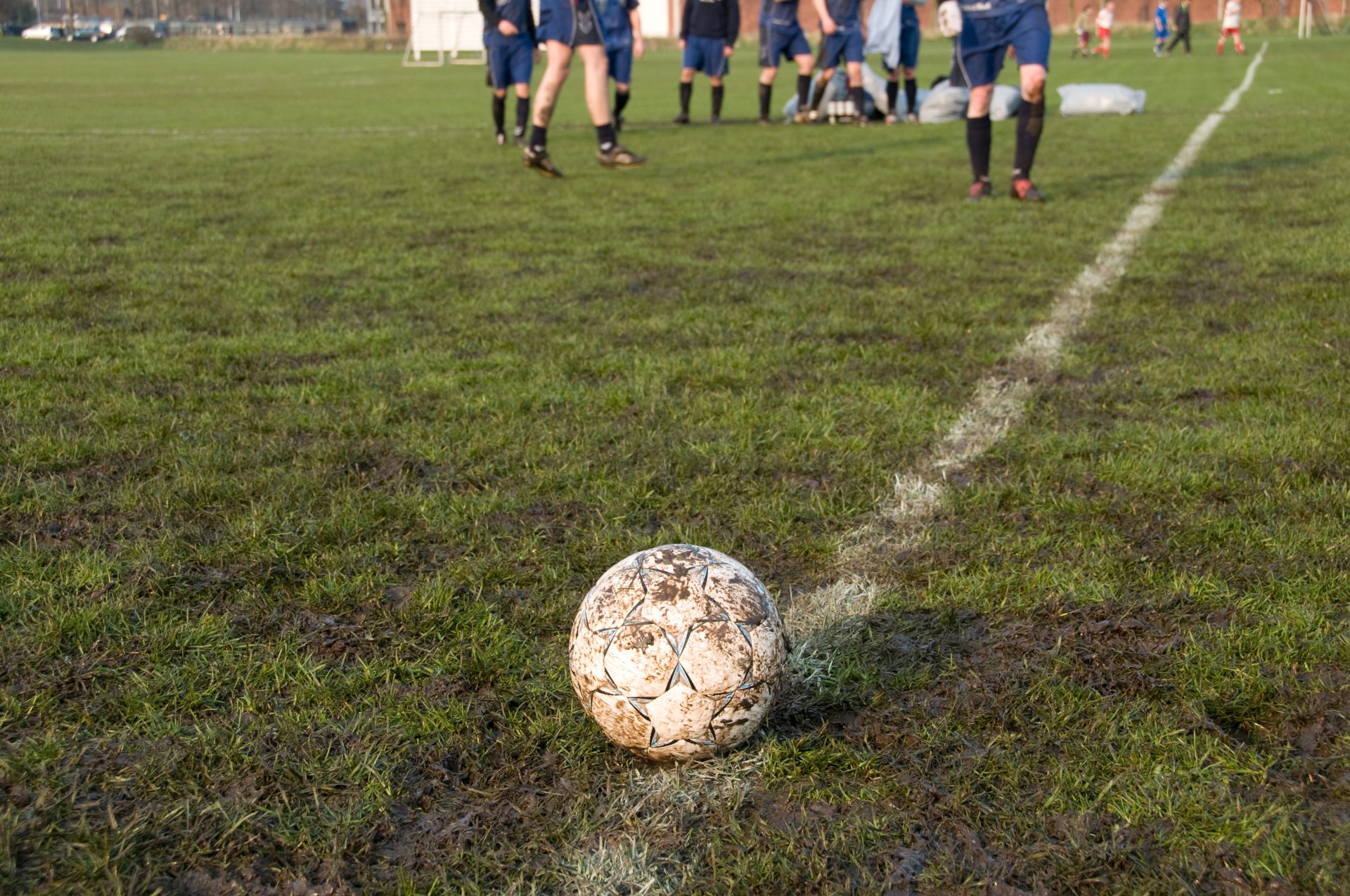
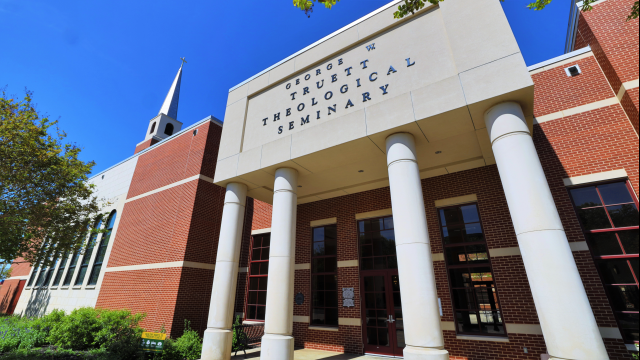
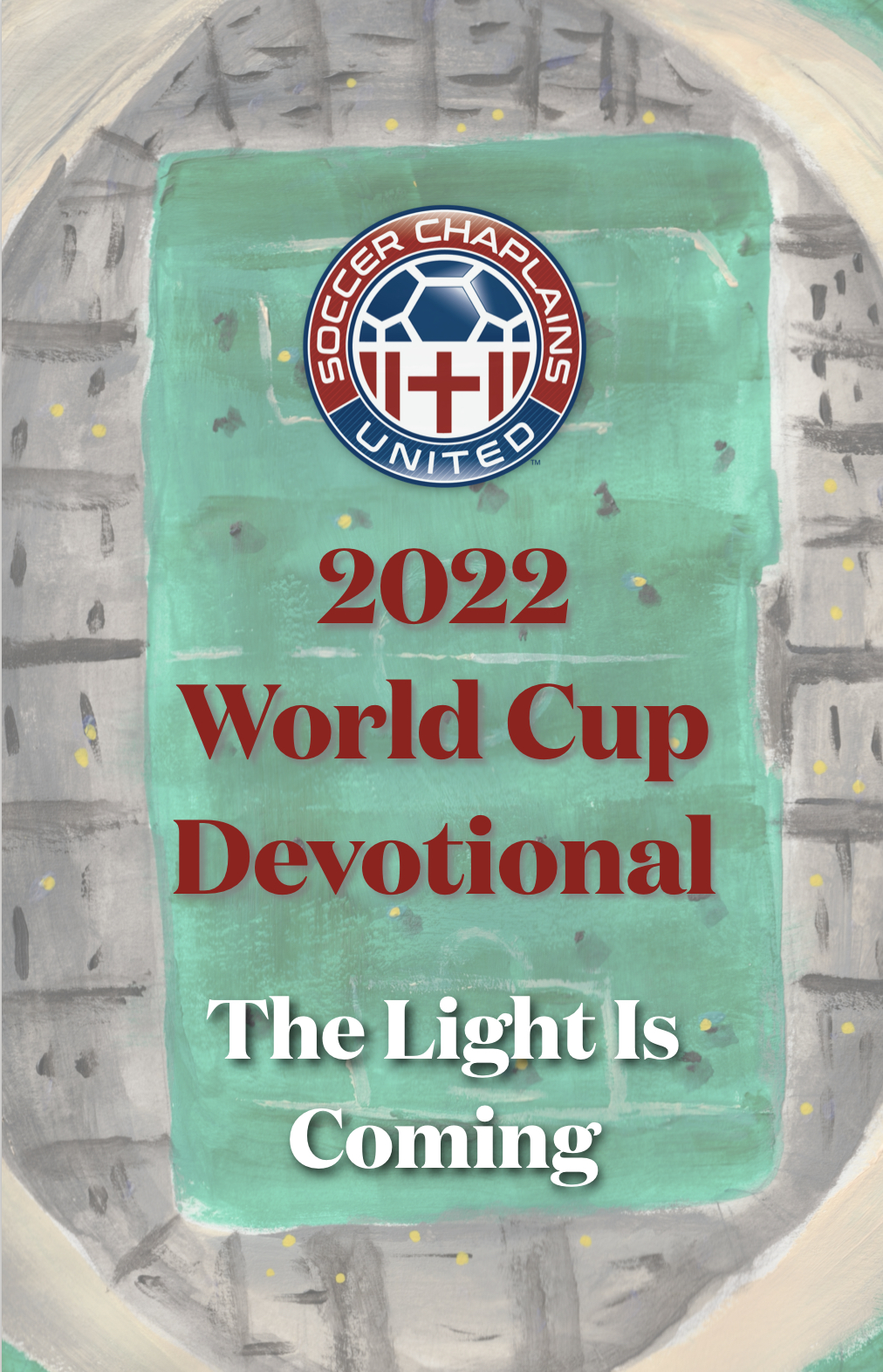
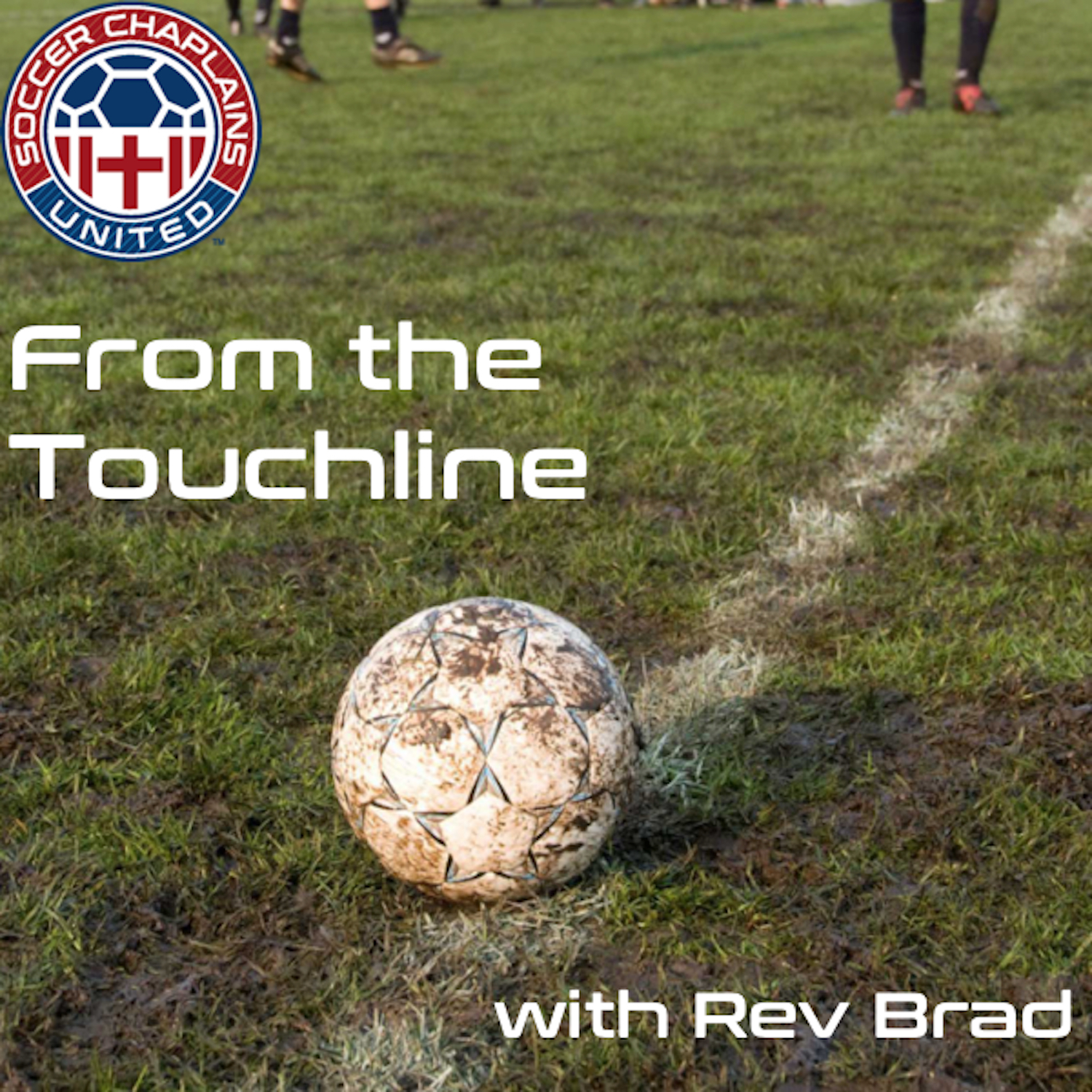
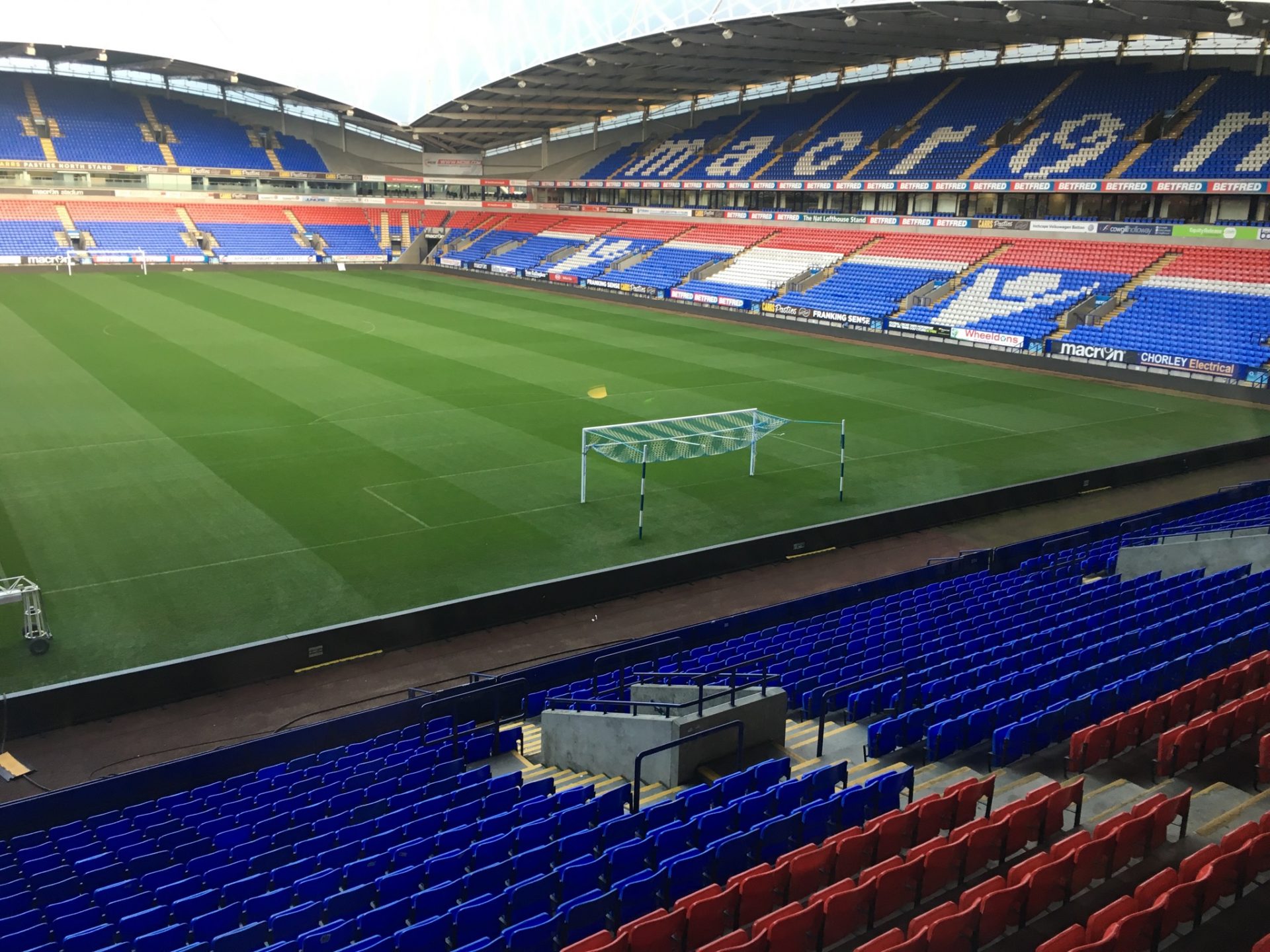
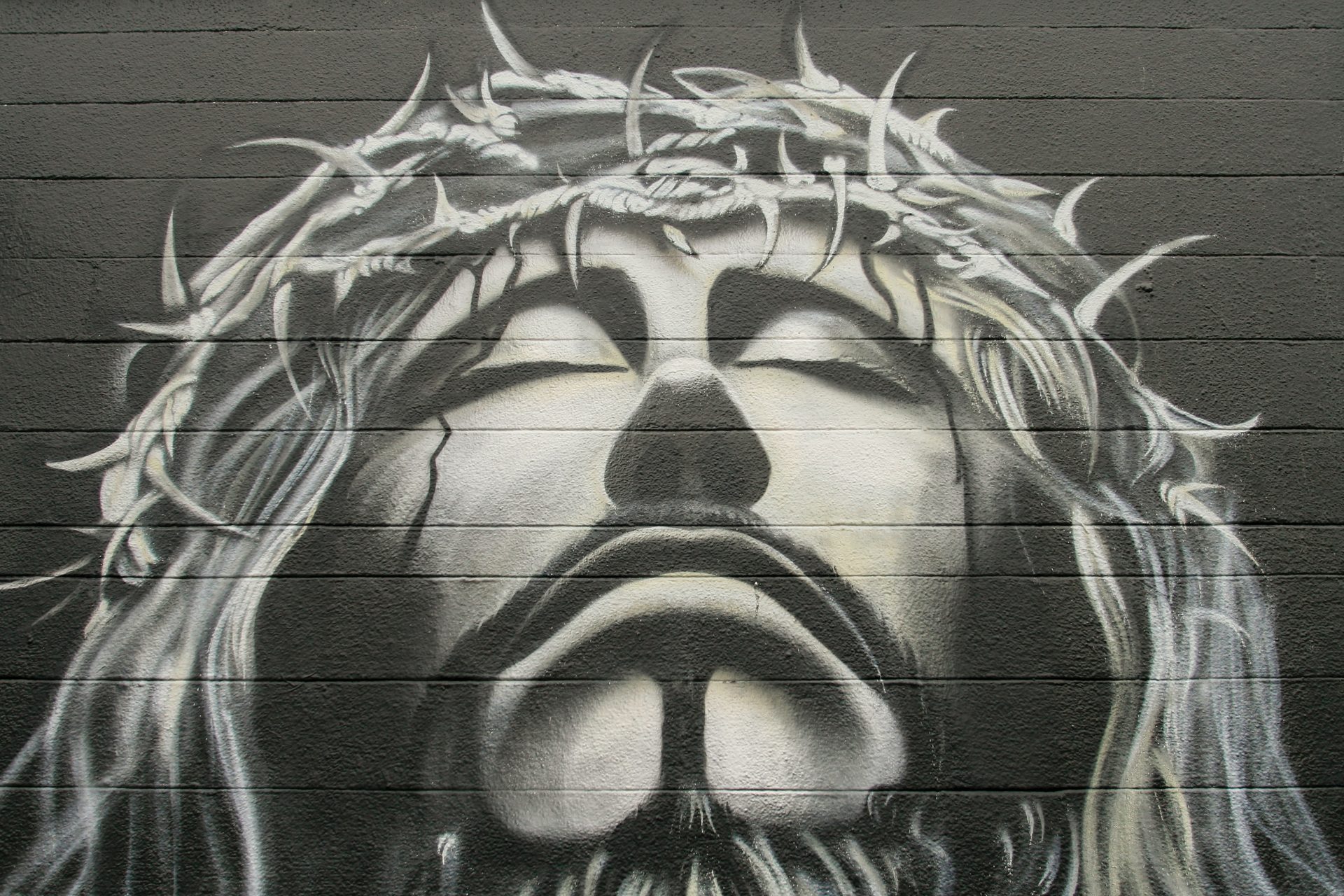




Leave a Reply
Want to join the discussion?Feel free to contribute!